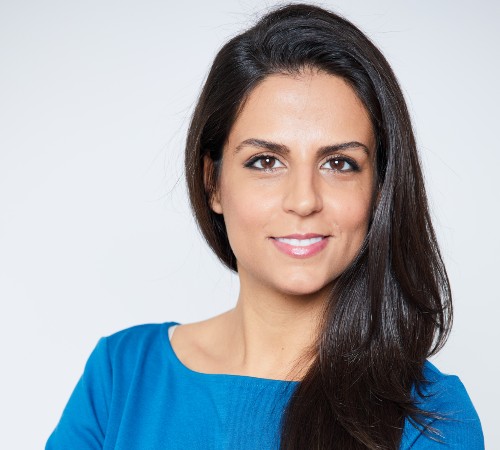The wellness system, participating in HealthLeaders’ AI in Professional Care Mastermind program, states AI has the potential to substantially enhance cancer diagnosis and therapy, however only with proper guardrails in place.
For cancer cells care experts, one little needle of details in a haystack of data might indicate the distinction between efficient therapy and a bad medical result. And that’s where
“AI can look at millions and billions of data factors, at images, genomics raw data, at everything we understand regarding the patients medically, at social aspects and various other variables, and it can discover patterns and address concerns,” says Nasim Eftekhari , primary
Eftekhari, an individual in the HealthLeaders
“Excellent data beats even more data each day,” she stresses.
Cancer cells treatment is a complex procedure, and one in which City of Hope has actually been completely submersed since its starting in 1913 Yet for all the advancements made in diagnosis and treatment, there’s still a lot that healthcare providers don’t know about the condition.
“Cancer cells is probably the largest, most tough, still unanswered concern,” Eftekhari claims. “We don’t even know specifically why it happens, and how to quit it from happening. That’s where the real possibility of
Eftekhari claims generative

Nasim Eftekhari, Principal
She says medical care companies need to check their information, update their
“We’re refraining this overnight,” she adds. “Because it’s constantly about the client. Every decision that we make at every crossway is always focused around the individual.”
Eftekhari additionally thinks that
To truly relocate the needle on cancer treatment, “the response might depend on hills and mountains of information that no solitary company [may have] by themselves.”
Just like many various other healthcare companies, accepting
“Exactly how do you meaningfully release an artificial intelligence or
The answer to those questions, she states, might lie in focusing extra on individuals than the modern technology.
Organizations have approaches to purchase technology, “but what makes it actually work is buying individuals,” she states. “People who can really make it function, who can bridge the space in between innovation and health care. It’s a much smaller financial investment yet it’s usually the hardest to obtain because it’s not the shiny new plaything that everyone wishes to have.”
The HealthLeaders Mastermind program is an exclusive collection of phone calls and events with medical care executives. This Mastermind collection includes ideas, services, and understandings on excelling in your
To inquire about taking part in an upcoming Mastermind collection or participating in a HealtLeaders Exchange event, email us at exchange@healthleadersmedia.com.
Eric Wicklund is the associate web content supervisor and elderly editor for Advancement at HealthLeaders.

